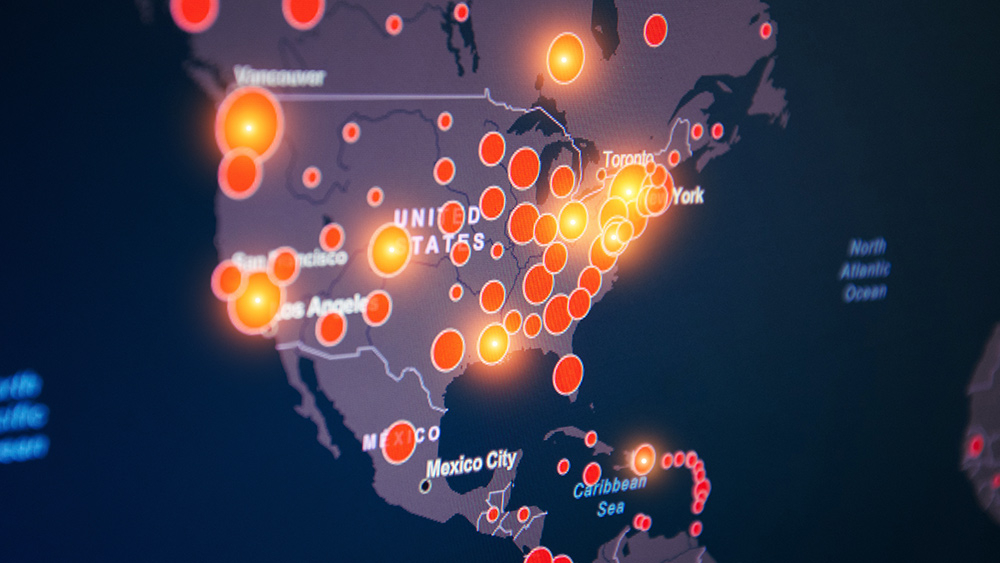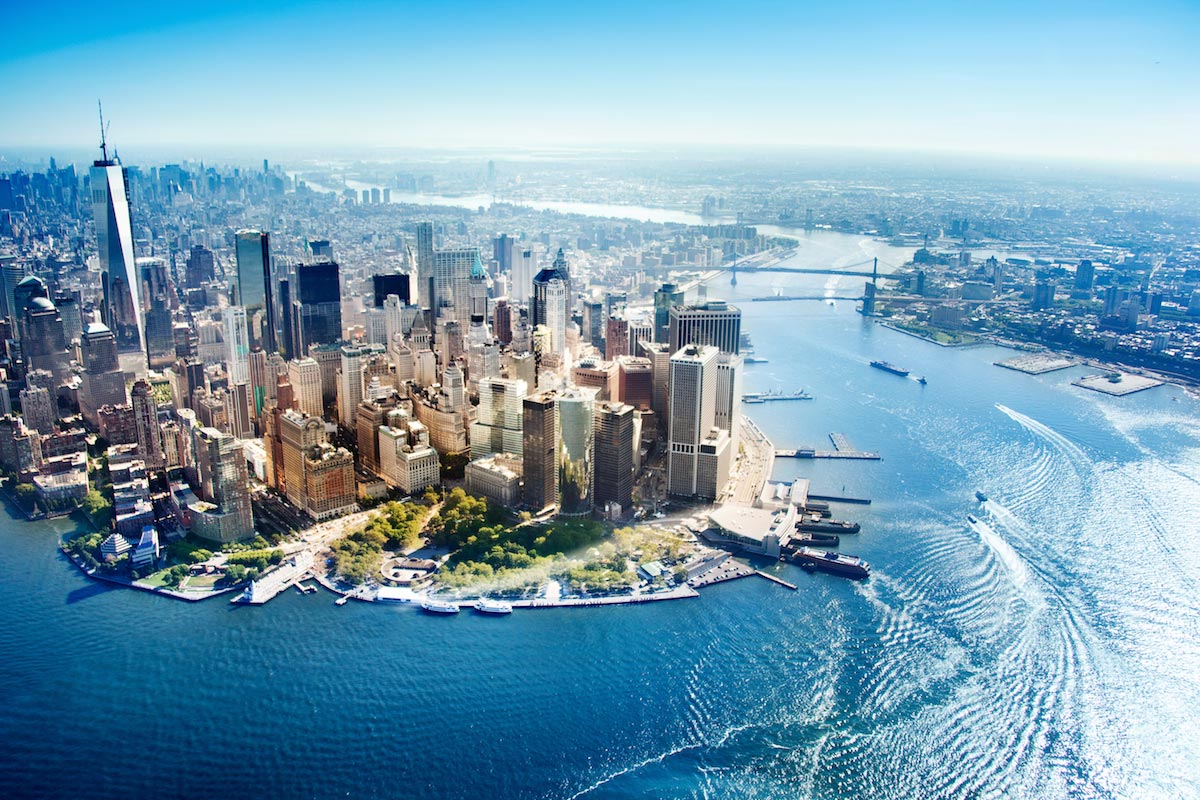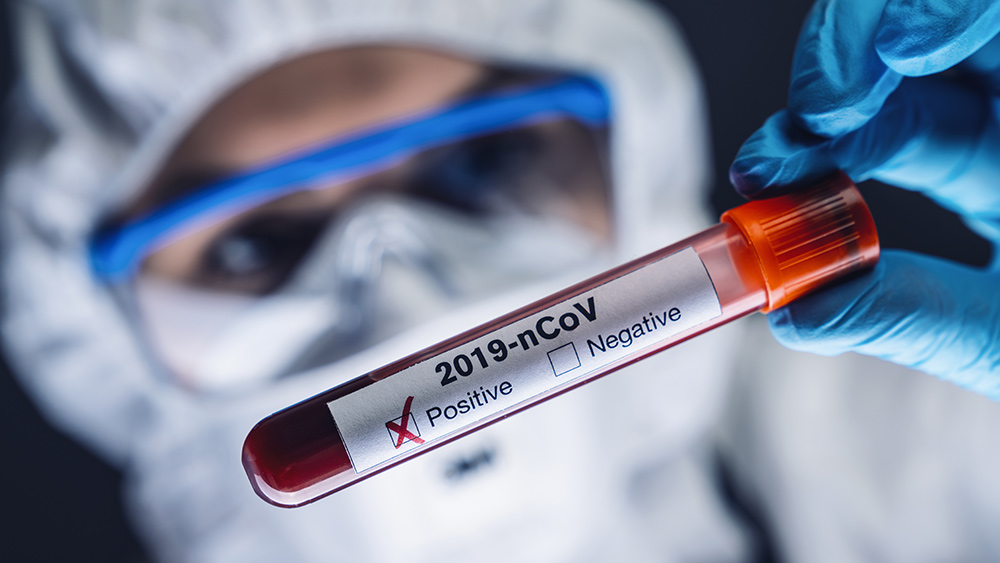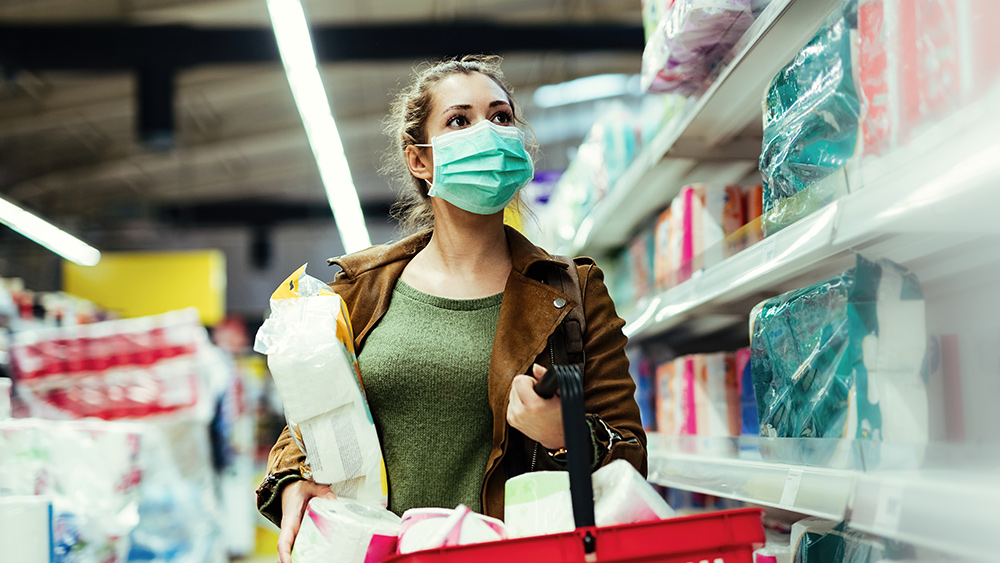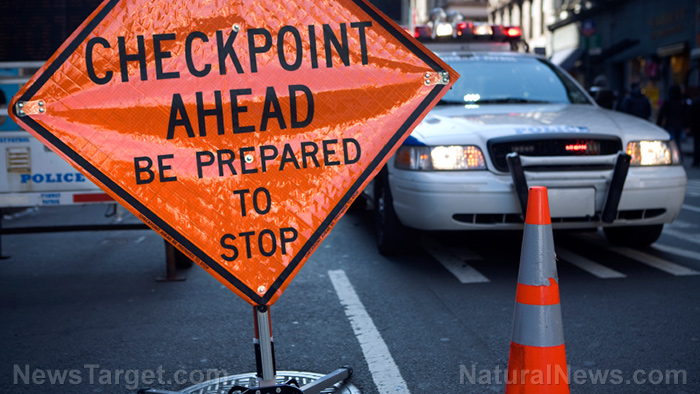Coronavirus updates: Global caseload now over 4.2 million, Wuhan orders tests for ALL residents, South Korea battles new cases
05/12/2020 / By Ralph Flores

A total of 4,215,514 people around the world have been infected by the coronavirus (COVID-19), according to data from Johns Hopkins University on Wednesday.
Even as the pandemic continues to rage, many parts of the world are starting to loosen restrictions. But many countries in Asia – in particular, those hailed for their early response – are battling the pandemic again, as new clusters emerge.
Singapore to ramp up testing
Health officials in Singapore reported 884 new COVID-19 cases on Tuesday, bringing the country’s total caseload to 24,671, with 21 deaths. The island nation, once praised for its initial handling of the coronavirus, now has the highest number of infections in Southeast Asia, followed by Indonesia and the Philippines with 14,749 and 11,350 cases, respectively.
Kenneth Mak, the director of medical services for Singapore’s Ministry of Health, said that the government will boost testing capacity fivefold, from 8,000 to as many as 40,000 tests a day later this year.
China announces new outbreak in Wuhan
Authorities in Wuhan, the Chinese city where the pandemic began, said that it will test all 11 million residents after new cases were confirmed this week. The new cluster of cases was linked to a man who first became ill in March and contracted the disease again last month.
However, local reports revealed that the outbreak is more severe than how it is portrayed in state media. In addition, the Epoch Times published an account of how authorities detained a woman who demanded justice for her daughter who died of COVID-19.
“I won’t stop. I will continue my protest until I get justice for my daughter,” Yang Min, the protester, told the Epoch Times.
New cluster in South Korea linked to nightclub
In Seoul, officials are scrambling to contain the capital city’s biggest coronavirus clusters. Using mobile phone data, credit card statements and closed-circuit TV footage, health authorities have identified around 100 new cases of coronavirus after an infected man visited bars and clubs in Itaewon, a known nightlife district.
The Korea Centers for Disease Control and Prevention have identified over 10,000 people in the area at the time of the incident and have tested over 7,000 people, including family members and co-workers of clubgoers. Currently, the agency is still tracing over 1,900 people who have yet to be identified.
Brazil’s largest cities tighten restrictions
The states of Sao Paolo and Rio de Janeiro will start requiring its residents to wear masks in public places and on public transportation following a steep increase in coronavirus-related deaths. Sao Paolo has also extended its stay-at-home measures to the end of the month. (Related: SECOND WAVE of coronavirus infections about to hit Germany as country relaxes lockdowns and social distancing regulations.)
The move, however, has put the states in the crosshairs of Brazilian President Jair Bolsonaro, who has downplayed the severity of the coronavirus and has pushed for the country to reopen – despite having over 178,000 confirmed coronavirus cases, the highest in South America. Public health experts have also noted that the coronavirus crisis is getting worse in the country. In the past two days, over 1,200 people have died, while many hospitals in the country are reaching capacity.
Infectious disease experts in the country are also pushing to extend restrictions, saying that the outbreak still hasn’t slowed.
“We’re in a state of calamity, the worst since World War II, and some people minimize it, saying it’s just an annoyance,” said Carlos Fortaleza, an epidemiologist at Sao Paolo State University.
Learn more about the ongoing coronavirus pandemic at Pandemic.news.
Sources include:
Tagged Under: Asia, Brazil, China, coronavirus, covid-19, economy, Flu, government, infections, lockdown, lockdowns, oubreak, outbreak, pandemic, quarantine, reopening, Singapore, social distancing, South Korea, superbugs, virus
RECENT NEWS & ARTICLES
Pandemic.News is a fact-based public education website published by Pandemic News Features, LLC.
All content copyright © 2018 by Pandemic News Features, LLC.
Contact Us with Tips or Corrections
All trademarks, registered trademarks and servicemarks mentioned on this site are the property of their respective owners.












